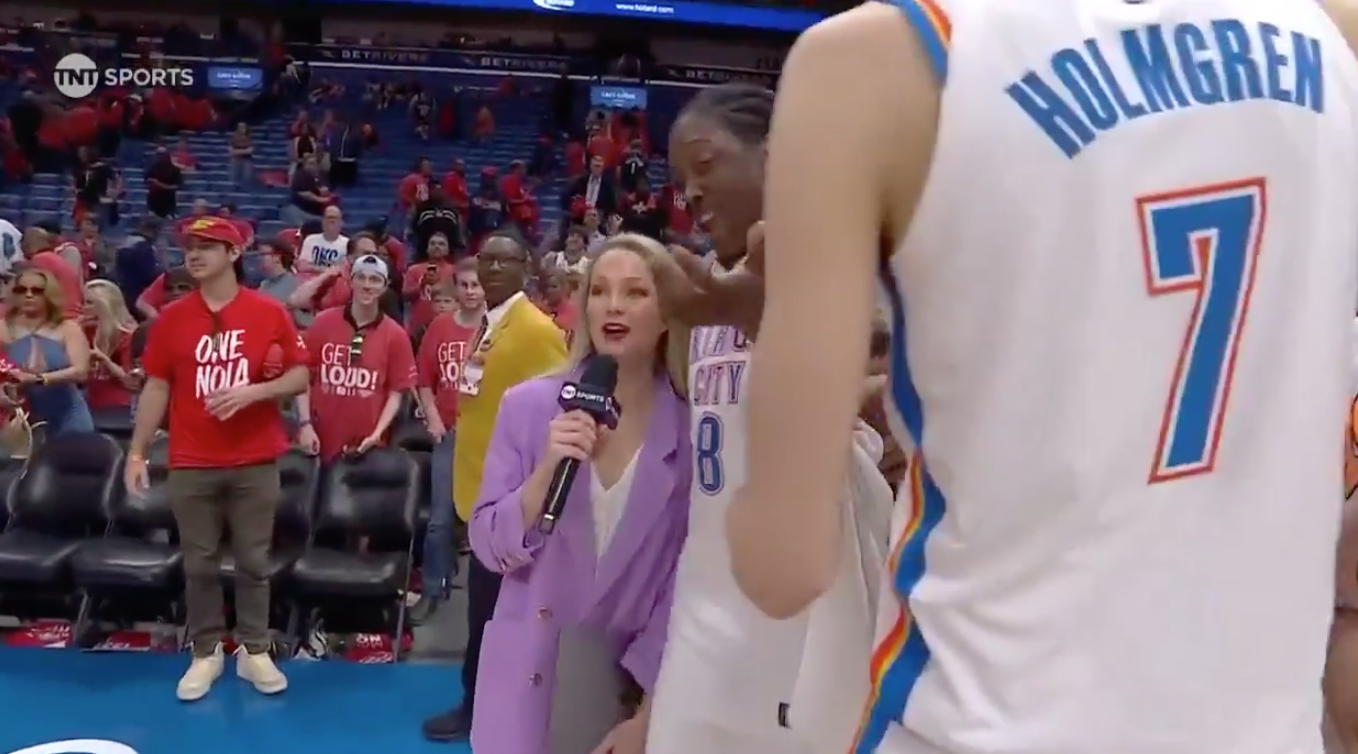The fourth and final entry in the third volume of Netflix’s Untold docuseries was the one people had the highest hopes for. Swamp Kings was a four-part retrospective of the Urban Meyer and Tim Tebow-led Florida Gators, and expectations were high given the team’s on-field success and off-field headlines.
Unfortunately, Swamp Kings couldn’t meet those expectations and left us quite frustrated. It was not, as Meyer said in the trailer for Untold Vol. 3, “unfuckingbelievable.”
Here’s a look at Netflix’s trailer for Swamp Kings.
Swamp Kings was directed by Katharine English, who directed and wrote two episodes of CNN’s First Ladies docuseries. Much of the feature is carried by Meyer and Tebow, but other players chip in with context, most notably Brandon Siler and Brandon Spikes. Paul Finebaum and long-time Gainesville Sun columnist Pat Dooley also make valuable, and necessary, contributions to Swamp Kings.
Before we go any further, here’s the official Netflix synopsis of Swamp Kings.
College football is life in Florida, nowhere more apparent than in the extraordinary story of the Florida Gators from 2005 to 2010. After a blazing run in the 1990s under Coach Steve Spurrier, the University of Florida’s winning streak had dried up by 2005. Enter Urban Meyer, the Gators’ demanding new head coach whose take-no-prisoners style breeds not only a string of legendary victories, but also unrelenting drama that rippled well beyond the locker room. In their own words through extensive sit-down interviews paired with archival footage, Meyer and the titans he coached (Brandon Siler, Tim Tebow, Brandon Spikes, Major Wright, and Ahmad Black, among many others) give viewers a bird’s-eye view of how they catapulted the Florida Gators from underdogs to winners of two BCS National Championships. Drilling down with a riveting play-by-play of some of the Gators’ most blistering wins and losses, this four-episode docuseries zooms in on each turbulent year of Meyer’s reign and isn’t afraid to tackle the challenging sides of his leadership and the perils of his players being star athletes at such a young age.
The footage used in Swamp Kings is incredible, following the path set by previous editions of Untold. Game and locker room footage is plentiful and is leaned on heavily throughout. While that’s normally catnip for me in longer-form documentaries, it becomes a crutch in Swamp Kings. The four parts of the series become a repetitive slog, recapping the most significant games of Meyer’s first five seasons in Gainesville (with most emphasis coming on the four seasons Tebow was a Gator). There really aren’t many interesting revelations that come from the discussions about these games. If we were going to go down the recap route for three hours, I wish we would have gotten more insight rather than the Gators talking about how awesome they were.
Swamp Kings, unfortunately, also glosses over the off-field issues during Meyer’s tenure. An emotional Meyer talked about the death of Avery Atkins in 2007, a year after leaving the Gators, as the reason he wouldn’t kick players off the team. That’s just about all the coverage the negative aspects of the team get. I’m not saying a quarter of Swamp Kings needed to talk about arrests and other misconduct, but spending more time discussing the negative elements surrounding the team could have helped balance the feature more.
I appreciated some of the stories about various Tebow-centric events during his years with the team. Swamp Kings spends time on the Jump Pass, Tebow’s speech after the loss to Ole Miss in 2008, and the frustration some players had regarding Tebow due to his stardom and the media’s over-the-top lauding of him and his play. The last of those topics is one of the most interesting parts of Swamp Kings, as the players come off as honest and not bitter. It’s also one of the few times that the doc doesn’t come off as a love-fest for Tebow, Meyer, and the Gators.
Swamp Kings also ends abruptly, with the last event covered being Meyer’s brief leave of absence as Florida coach in December 2009. His return for the 2010 season, and resignation for real, is only mentioned in a postscript while discussing the futures of Tebow and other Gators players.
So many players that were key parts of those Gators teams don’t figure into Swamp Kings. You can count the mentions of Aaron Hernandez on one hand, while the Pouncey twins also aren’t discussed. I don’t think Joe Haden or Riley Cooper is mentioned at all. Obviously, not every former coach and player can be interviewed for the three-hour feature, but at least give some of the more significant ones time in the spotlight.
Overall, Swamp Kings could have (and should have) been so much more than what it was. There was so much great content from this era of Florida football that could have been explored, and while Meyer and Tebow were pillars of those years, it wouldn’t have hurt the quality of the project if their involvement was slightly dialed back to focus on other players, events, and storylines.







